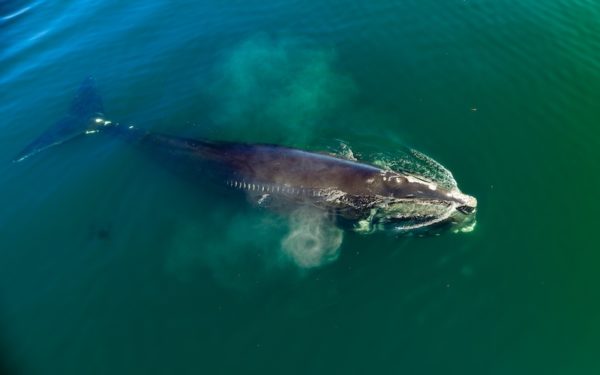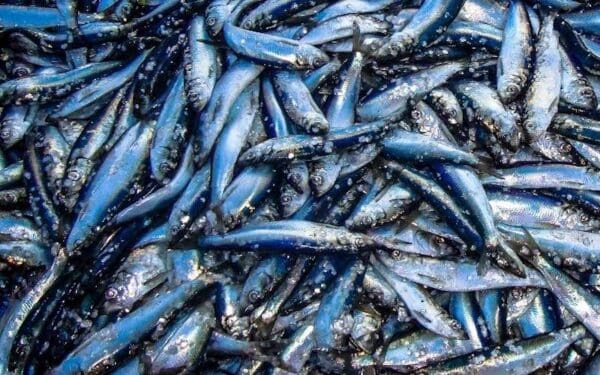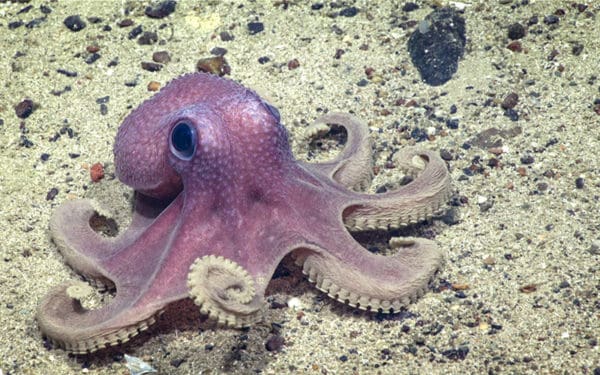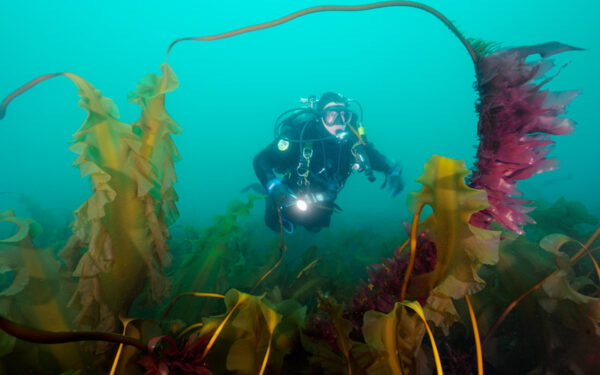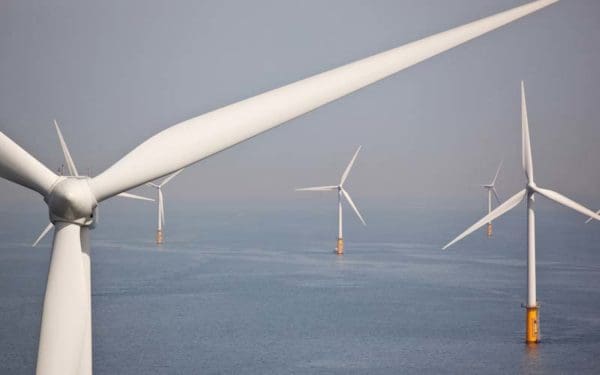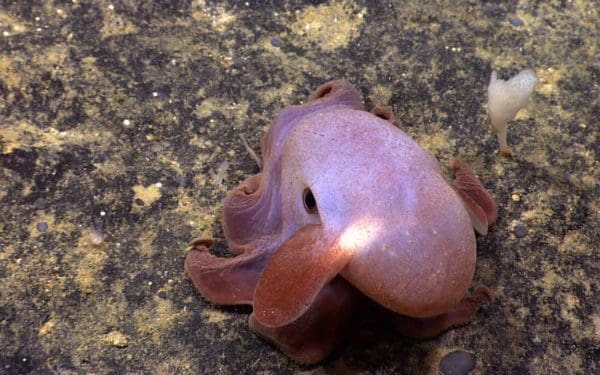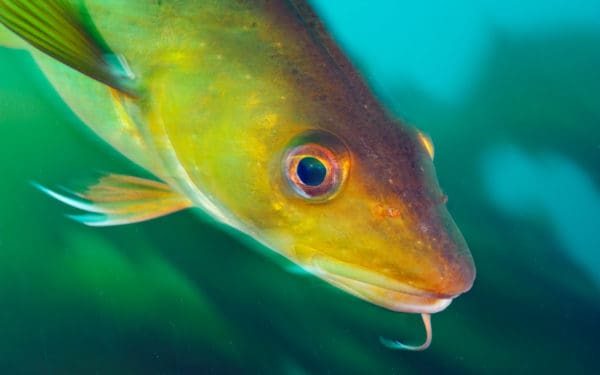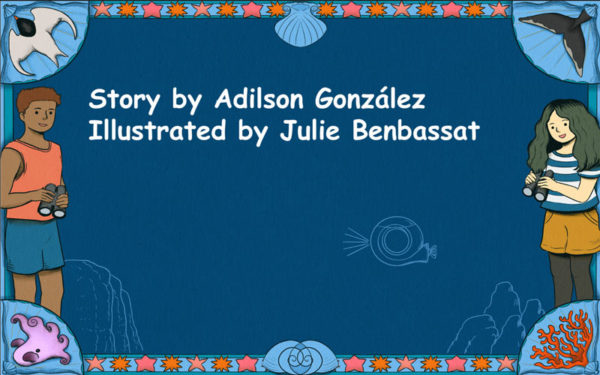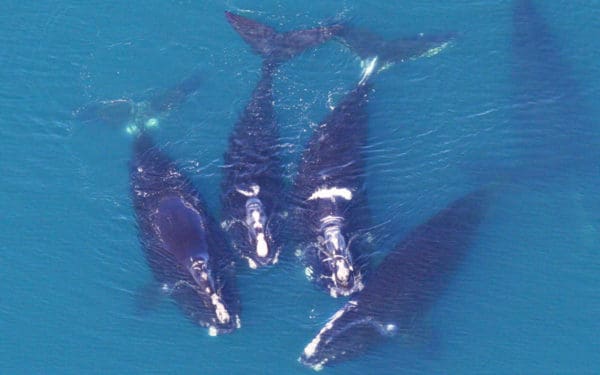Sep 28, 2023
“Just seven months ago, another right whale was killed off Virginia Beach, yet nothing has changed on the water,” said Erica Fuller, senior attorney at Conservation Law Foundation. “NOAA Fisheries has proposed a strong rule and their Office of Law Enforcement has made clear they’ll do everything they can to enforce it. Unfortunately, special interest groups in Congress have created a campaign of misinformation that now threatens to derail and delay protections. These are unnecessary deaths — we urge the agency to take action now.”
Sep 22, 2023
“The ocean belongs to all of us and we allow fishermen access to these public resources for the cost of a permit,” said CLF Senior Attorney Erica Fuller. “But there are times, like this one, when the industry must shoulder a portion of the costs to gather data that ensures equity across fisheries. Without good monitoring on the largest boats in this fishery, we can’t prevent overfishing of Atlantic herring, a keystone forage species, or the further depletion of other valuable species such as haddock, shads, and river herring, caught as bycatch. The Supreme Court should reject the arguments being made in this case.”
Sep 05, 2023
“New England’s ocean is facing a crisis on multiple fronts,” said Dr. Priscilla Brooks, Vice President of Ocean Conservation at CLF. “Climate change, overfishing, pollution, and habitat destruction are combining to dangerously affect marine life which, if left unchecked, does not bode well for the future of our ocean. This poll makes it clear that people are starting to take notice, and it’s time to protect more areas of the ocean to ensure current and future generations can enjoy this incredible resource.”
Oct 05, 2022
Why is our ocean overheating? The main is that it is working overtime to protect us. An overheating ocean spells bad news for marine life and humans. But we can help. Here’s ho
Jul 29, 2022
“Given the glacial pace of new right whale protections over the last decade, immediately curtailing the second biggest threat to their existence would be a game-changer,” said Erica Fuller, senior attorney at Conservation Law Foundation. “This proposed rule is a major step forward, but there’s a five-month gap in protection south of Martha’s Vineyard and Nantucket that should be addressed. Federal officials must now get these protections in place on the water as quickly as possible and effectively enforce them.”
Jun 27, 2022
“Offshore wind is a crucial element of our nation’s strategy to address the climate crisis, but it must be done in a way that protects vital ocean wildlife and habitat,” said Dr. Priscilla Brooks, Director of Ocean Conservation at CLF. “With fewer than 350 critically endangered right whales remaining on earth, every loss is a tragedy. The vessel speed restrictions and adaptive management measures agreed to by South Fork Wind will go a long way toward protecting these whales from being injured or killed by project vessels.”
Jun 14, 2022
“With our ocean in peril from unsustainable human use and climate impacts, now is not the time to be rolling back necessary protections,” said CLF Senior Attorney Erica Fuller. “The Northeast Canyons and Seamounts is a biological hotspot that provides a refuge for a remarkable diversity of wildlife and has enormous scientific value. We look forward to standing up for the monument in court.”
Dec 08, 2021
“Today’s decision proves that the Council has completely abandoned its duty to develop catch limits that rebuild Atlantic cod to sustainable levels,” said Allison Lorenc, Senior Policy Analyst at CLF. “It is devastating to see this iconic species inch closer to complete collapse, and today’s decision does nothing to prevent that. It’s past time for NOAA Fisheries to disapprove these risky catch limits that don’t comply with the law.”
Dec 06, 2021
Our comic dives into the depths of New England’s own Northeast Canyons and Seamounts Marine National Monument.
Nov 16, 2021
“Reducing entanglements by prohibiting fishing in this area is critical to ensuring the survival of right whales,” said Erica Fuller, a senior attorney at Conservation Law Foundation. “This decision affirms that science matters. The First Circuit got it right: entanglements often can’t be traced, so where whales, lots of lines, and heavy fishing lines coincide, we need fishing restrictions now.”
